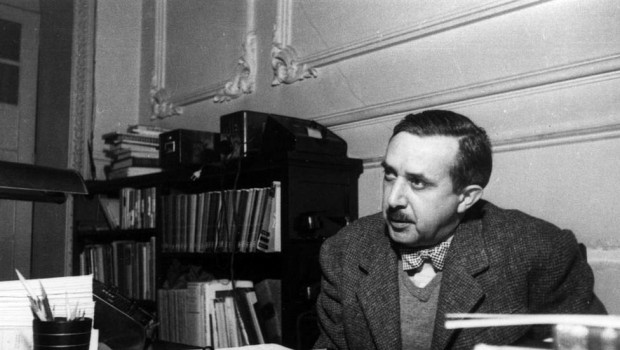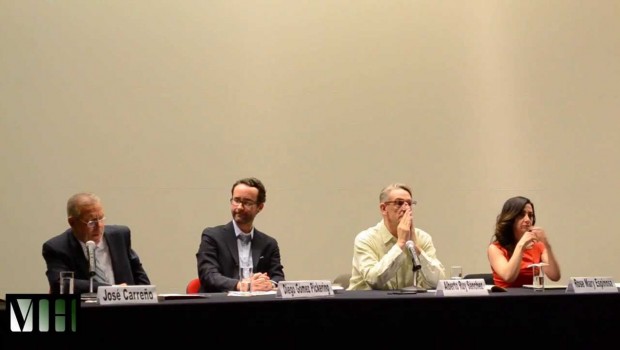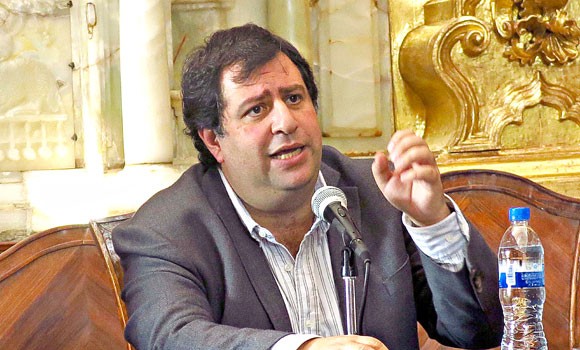Other Classics
David D. Medina
 Jorge Luis Borges,
Jorge Luis Borges,
Everything and Nothing,
New Directions, New York, 2010.
If you never had the pleasure of reading the remarkable works of Jorge Luis Borges, a good place to start might be with Everything and Nothing, a new edition that collects his best short stories and essays in a pocket-size book that is the perfect fit for the master who created such tightly written pieces.
The stories and essays that appear in this edition are surely among the most original literary works ever produced in the world. As Donald Yates mentions in the introduction, Borges wrote “story-like essays and essaylike fictions,” which resulted in playful yet profound works that will last beyond our times.
One technique that Borges uses in his stories is to have a narrator comment on a fictitious work, a literary piece that is not real, but appears real in the hands of Borges. In the story, “Pierre Menard, Author of the Quixote,” a literary critic comments on the works of a French writer and his efforts to create a few pages of the Quixote that would coincide line for line with those of Miguel Cervantes. The critic finds Menard’s work to be superior to that of Cervantes because the French author must take into account three hundred years of history.
In “Tlön, Uqbar, Orbis Tertius,” the narrator finds a book that contains information about a new planet and then proceeds to tell the reader about the planet’s history, theology, metaphysics, language, and literature. He does it with a sense of humor as he mentions that in the language of Tlön, there are no nouns and thus “airy-light on dark” is the name for “moon.”
Predetermination is a recurring theme with Borges. In “The Lottery in Babylon,” a simple game of chance evolves into an organized, secretive system that dictates all the activities of those who live in the ancient city. The story may be interpreted as an allegory of a god who determines our destiny.
Perhaps his most famous essay is “Borges and I,” a jewel that extends no more than a page but is so finely cut that every sentence radiates with meaning. The essay is about the competing lives of Borges, the public and the private, and how the public image is winning to the dismay of the inner self.
In the fiction-like essay “Everything and Nothing,” Borges once again analyzes his life through a narrator who looks back at his life as an actor. Doubt and anxiety plague the retiring actor when he realizes that he doesn’t know who he is. “I who have been so many men in vain want to be one myself,” says the narrator.
Incertitude, doubt, and weariness may have weighed on Borges, but he remained grateful for the misfortunes–including his blindness–that fate had imposed on him. In “Blindness,” Borges explains: “Everything that happens, including humiliation, embarrassments, misfortunes, all has been given like clay, like material for one’s art.”
Writer Roberto Bolaño was fond of saying that he could live under a table reading Borges. For those who actually care to do that, this pocket-size edition may make that task a bit less cumbersome.
Posted: April 22, 2012 at 1:26 am










